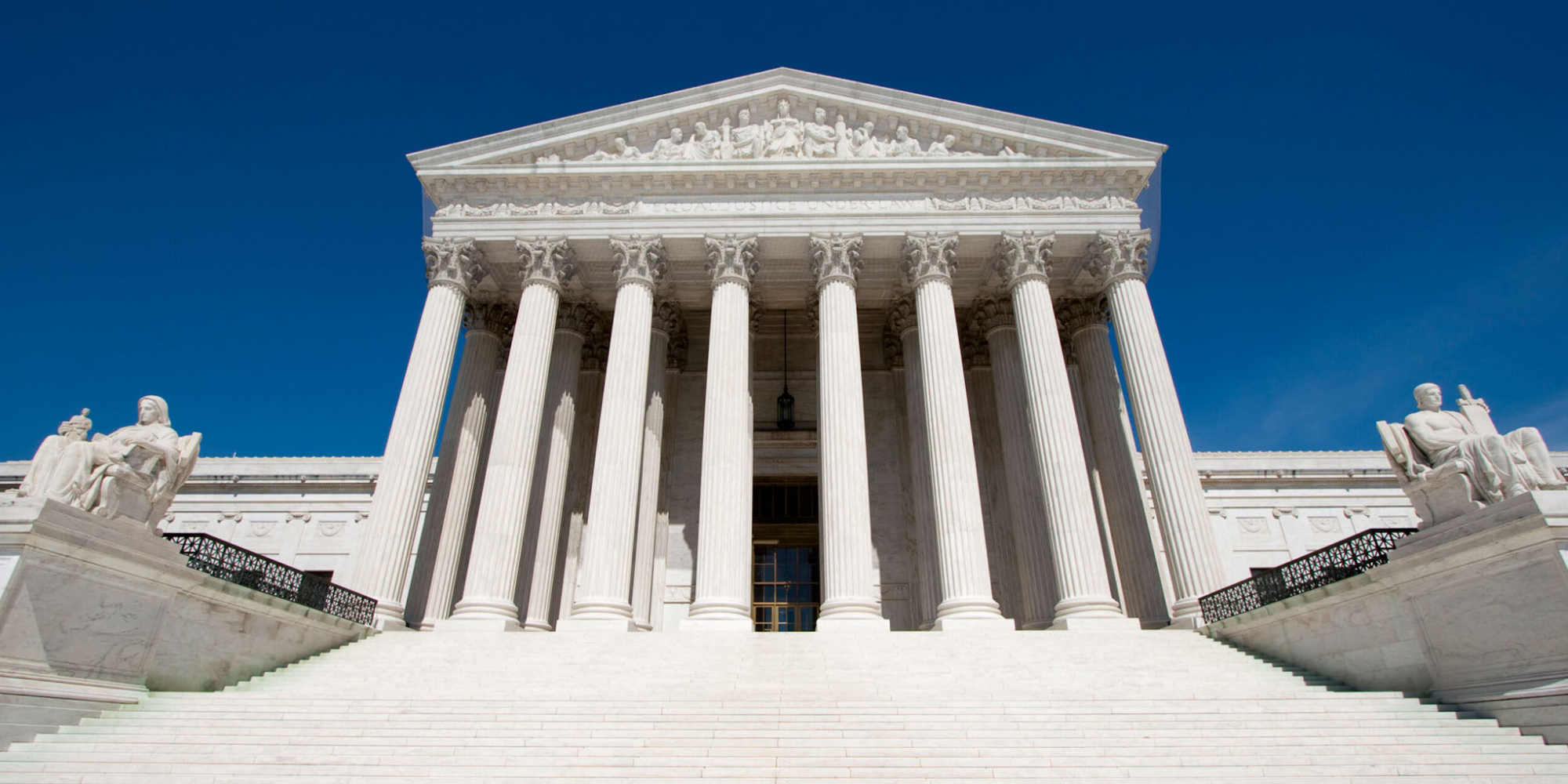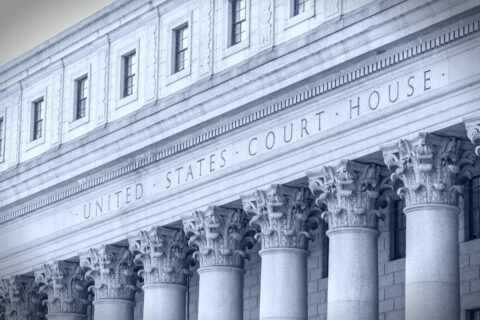Local governments have called on the Supreme Court to review the Ninth Circuit decision in City of Portland v. FCC. The lower court held that the Federal Communication Commission (FCC) Small Cell Order, which limits fees local governments can charge for use of public land to build 5G, doesn’t violate the Telecommunications Act. In a petition from local government parties, including NLC, and an amicus brief from the State and Local Legal Center (SLLC), local stakeholders called on the Supreme Court to revisit the Ninth Circuit decision and overturn the FCC order.
5G requires thousands of “small cell” wireless facilities to be installed all over this country—often on land owned by local governments.
Section 253(a) of the Telecommunications Act provides that “[n]o state or local statute or regulation . . . may prohibit or have the effect of prohibiting . . . telecommunications service.” Section 253(c) allows state and local governments to “require fair and reasonable compensation” from telecommunication providers for use of public rights-of-way.
The Small Cell Order allows local governments to charge telecommunications companies using public land fees that don’t exceed the local governments costs. Per a safe harbor, application fees are presumed lawful if they are less than $500, and recurring fees if they are less than $270 per year.

Among other things, Portland argued to the Ninth Circuit the Telecommunications Act doesn’t limit local governments to recover only costs and that fees exceeding costs won’t prohibit the installation of 5G. The Ninth Circuit rejected these arguments stating: “The statute requires that compensation be ‘fair and reasonable;’ this does not mean that state and local governments should be permitted to make a profit by charging fees above costs.”
A dissenting judge concluded the FCC “has not adequately explained how all above-cost fees amount to an ‘effective prohibition’ on telecommunications or wireless service.”
The SLLC is asking the Supreme Court to review the Ninth Circuit decision because “local governments are being prevented from serving as stewards of public property, safety, and welfare.” The brief points out the installing 5G has created problems all throughout the country, which local governments have no ability to address. It argues that limiting fees to costs does not provide the “fair and just compensation,” which Congress requires. The brief posits that “the FCC ignored reality when it concluded that 5G carriers will voluntarily ‘reinvest’ in underserved areas the estimated $2 billion they will save as a result of the FCC’s order.” Finally, the brief notes that “the FCC’s conclusion that carriers cannot afford to pay an estimated $2 billion in fees to local governments to use their rights-of-way to install 5G equipment is undermined by the recent auction in which the same carriers paid the federal government $81 billion for the spectrum that will be used to offer 5G.”
John Korzen of the Wake Forest University School of Law Appellate Advocacy Clinic wrote the SLLC amicus brief, which the following organizations joined: National Association of Counties, U.S. Conference of Mayors, and Government Finance Officers Association.









